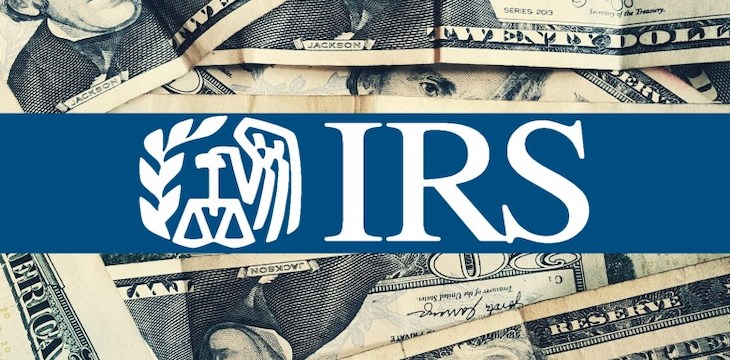|
Getting your Trinity Audio player ready...
|
The IRS has released revised draft instructions that clarify the approach digital currency owners should take when it comes to the virtual currency question on the 1040 tax form. The guidance was released on December 31st, defines digital currency, and clarifies what activities require an individual to answer “yes” or “no” to their virtual currency question.
What virtual currency question?
In December 2020, the IRS updated its 1040 form to include this question at the top of page one “At any time during 2020, did you receive, sell, send, exchange, or otherwise acquire any financial interest in any virtual currency?”
Although the question is relatively straightforward, it was not quite clear what “financial interest” meant. However, the recently released revised draft instructions dive into the specifics of the question.
The instructions state that if you participated in any of the following activities, then you are required to answer “yes” on the 1040 form.
- The receipt or transfer of virtual currency for free (without providing any consideration), including from an airdrop or hard fork;
- An exchange of virtual currency for goods or services;
- A purchase or sale of virtual currency;
- An exchange of virtual currency for other property, including for another virtual currency; and
- An acquisition or disposition of a financial interest in virtual currency
And that “A transaction involving virtual currency does not include the holding of virtual currency in a wallet or account, or the transfer of virtual currency from one wallet or account you own or control to another that you own or control.”
Why is the IRS collecting this data?
The IRS seems to be asking this question for purposes other than accurate tax reporting. Purchasing digital currency in USD is not a taxable event–it is the capital gains (and losses) that have an impact on your tax filing. The IRS may be using this question on their tax form as a survey to see just how many Americans are interested in digital currency. It’s also possible that they will use this information as evidence in case an individual does gain or lose due to their digital currency in the coming years.

 02-23-2026
02-23-2026 




